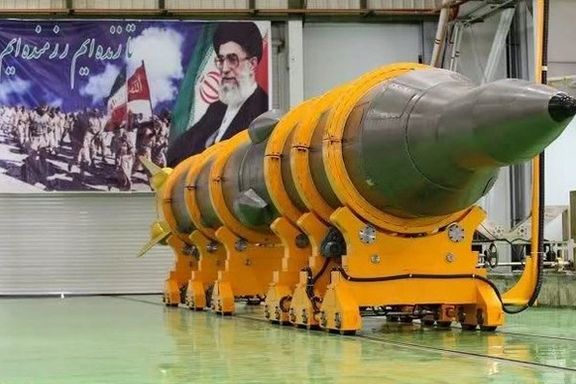“It is Putin who has escalated this week with the shipment of ballistic missiles from Iran and we’re seeing this new axis: Russia, Iran, North Korea. We urge China not to throw their lot in with this group of renegades,” Lammy said.
Lammy was speaking at a joint press conference with US counterpart Anthony Blinken in Kyiv in which they announced further financial support for Ukraine and censured Russia and Iran.
On Tuesday, the United States and the E3 (Britain, France, Germany) said they had evidence, which they did not immediately release publicly, that Iranian missiles had been shipped to Russia and sanctioned Iranian individuals and entities, including state carrier Iran Air.
Britain and the Netherlands summoned resident Iranian envoys on Wednesday to protest the alleged missile deliveries.
"The UK Government made it clear that any transfer of ballistic missiles to Russia would be viewed as a dangerous escalation and would provoke a significant response," the UK Foreign Office said in a statement.
'Baseless' accusations
Iran and Russia have both rejected the claims as baseless.
“Once again, the US and E3 act on faulty intelligence and flawed logic,” Iran’s foreign minister Abbas Araghchi posted on X (formerly Twitter) Wednesday. “Iran has NOT delivered ballistic missiles to Russia. Period... Sanctions are not a solution, but part of the problem."
US Secretary of State Antony Blinken had told reporters on Tuesday thhe US had confirmation Russia received ballistic missiles from Iran, warning the missiles could be used against Ukraine “within weeks”.
Blinken said the alleged missile transfer would “empower” Russia in its war against Ukraine and alleged that dozens of Russian military personnel have received training in Iran to use short-range missiles.
Iran and Russia have drawn closer since Russia’s full-scale invasion of Ukraine in February 2022. Iran has provided Russia with drones that Ukraine says have been deployed against cities and civilians.
The Pentagon said Tuesday that Iran would likely send more missiles to Russia.
“One has to assume that if Iran is providing Russia with these types of missiles that it’s very likely it would not be a one-time deal, that this would be a source of capability that Russia would seek to tap in the future,” Pentagon spokesman Brigadier General Pat Ryder said.







